Plastics clog up our oceans, take a million years to decompose, and directly affect our food chain. Basically, they’re a threat to our entire ecosystem. On the other hand, we have tonnes of agricultural excess that is burnt, leading to another big problem—adding to the existing unchecked air pollution. The after effects of the two create a sight of terror.
Imagine replacing this plastic with packaging or disposables made of agricultural waste. It suddenly sounds like a solution to two of the biggest problems Mother Earth wouldn’t have to deal with anymore.
Bio-lutions GmbH, a revolutionary company that believes in sustainable innovations, does just this. The idea is to create a win-win situation. No more mountains of plastic and cellulose waste that takes forever to decompose, plus the added income for the farmers who would otherwise just burn the excess plant scrap.Their innovation is a patented ‘mechanical process’ through which agricultural residual fibres are converted into self-binding micro and nano fibrillated natural fibres using only water.
This Germany-based company, founded by architect and industrial designer Eduardo Gordillo in 2012 has set up its first ever pilot project in Bengaluru and is slowly working toward making a huge change in the game of disposables and packaging.
Bio-lutions Eco Tech India focuses on not having to go through the stages of the 3Rs by eliminating the use of plastic altogether and preventing the infringement of forests to procure otherwise used petroleum or virgin cellulose with the alternative of using readily available agricultural excess.
The company was set up in January 2017 by three Indian partners: Kurian Mathew, 41, Managing Director; Kurian George, 35; and George Thomas, 35 the directors in collaboration with Bio-lutionsGmbh owning majority share of the company.
Kurian George says, “Although the roots of the company are in Germany, the biggest part we have played is that for the first time in the world, from a research stage we have been able to take the company to a commercial stage.”
An established one-of-a-kind production plant on the outskirts of Bengaluru currently sources agricultural waste from the farmers of the Mandya region. Sugar leaves, pineapple leaves, tomato leaves, banana stems, water hyacinth plants are obtained from working with the farmers’ cooperative in the region, who in turn can earn from what was earlier disregarded, improve their livelihood through varied income, and can contribute to the good cause of cutting down on the use of plastics.
The agricultural excess is then converted into all natural, biodegradable, recyclable, and 100 percent food grade packaging. The end product is being provided to local businesses in Bengaluru where plastic is already banned, filling in the need for sustainable packaging.
Kurian Mathew says, “Localisation is at the heart of the company. We source locally, produce locally, and cater to the local market. We are able to be part of the local waste management system. Given that agriculture is a primary source of income, it is a win-win situation for farmers and us.”
An unparalleled technology
Bio-lutions stands out in terms of its distinctive technology. Kurian George says, “Another research organisation had been working on a particular technology for a different purpose. On Mr Eduardo’s interaction with them, this technology was tweaked wherein now the crop residue is incorporated with this modified technology to produce the products we manufacture today.”
Their unique, first of its kind “upgrading” technology uses only agricultural excess and water in a two-step procedure with zero chemicals and additives unlike any of the traditional technologies that undergo processes involving chemicals, bleaching agents, and additional binders using a great deal of water and energy to convert agricultural fibres to cellulose.



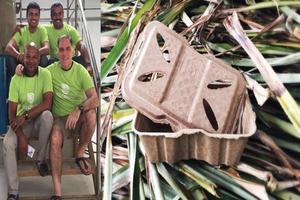
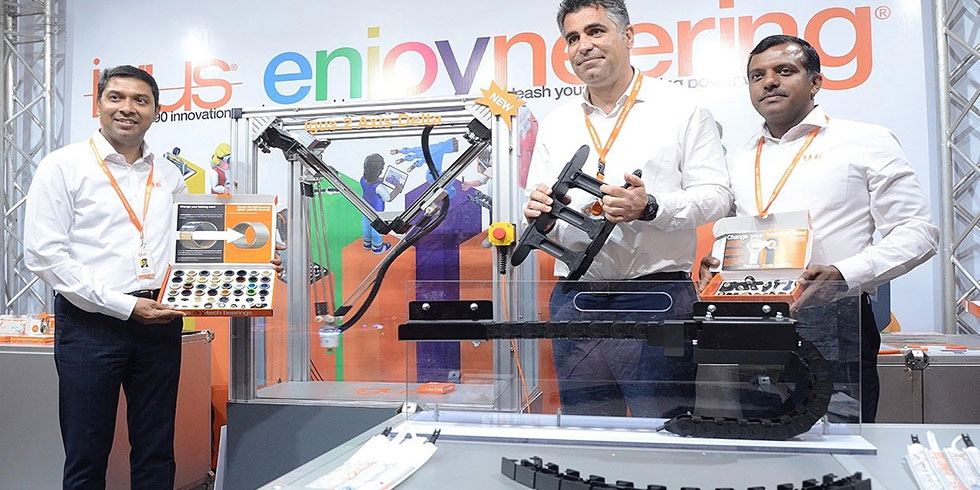
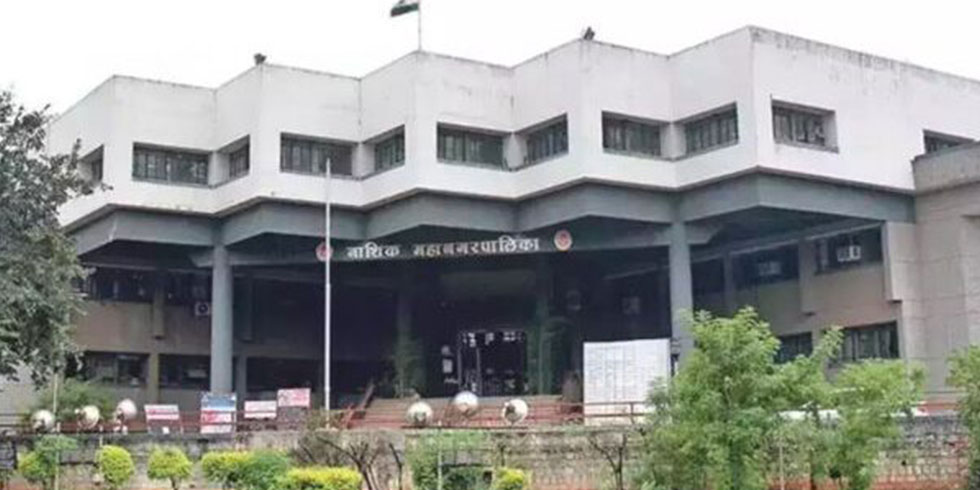
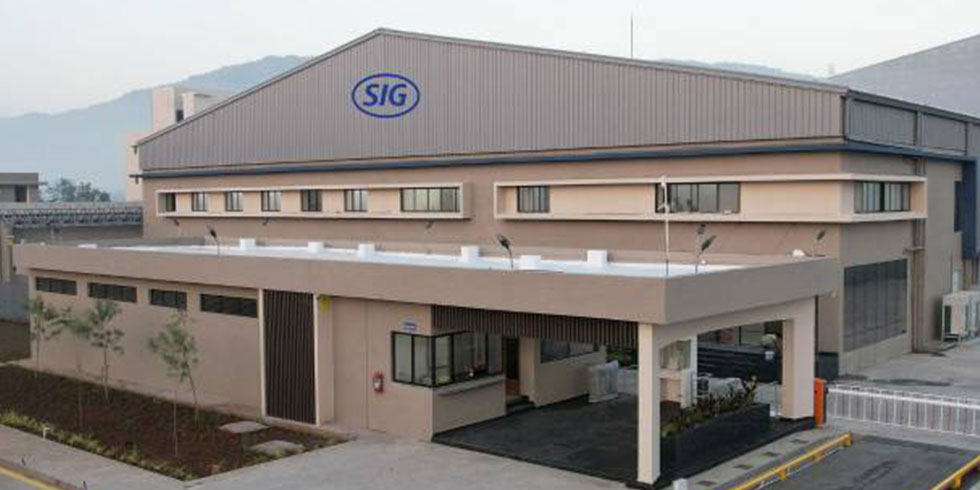
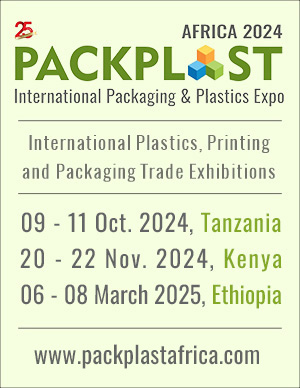
Add Comment